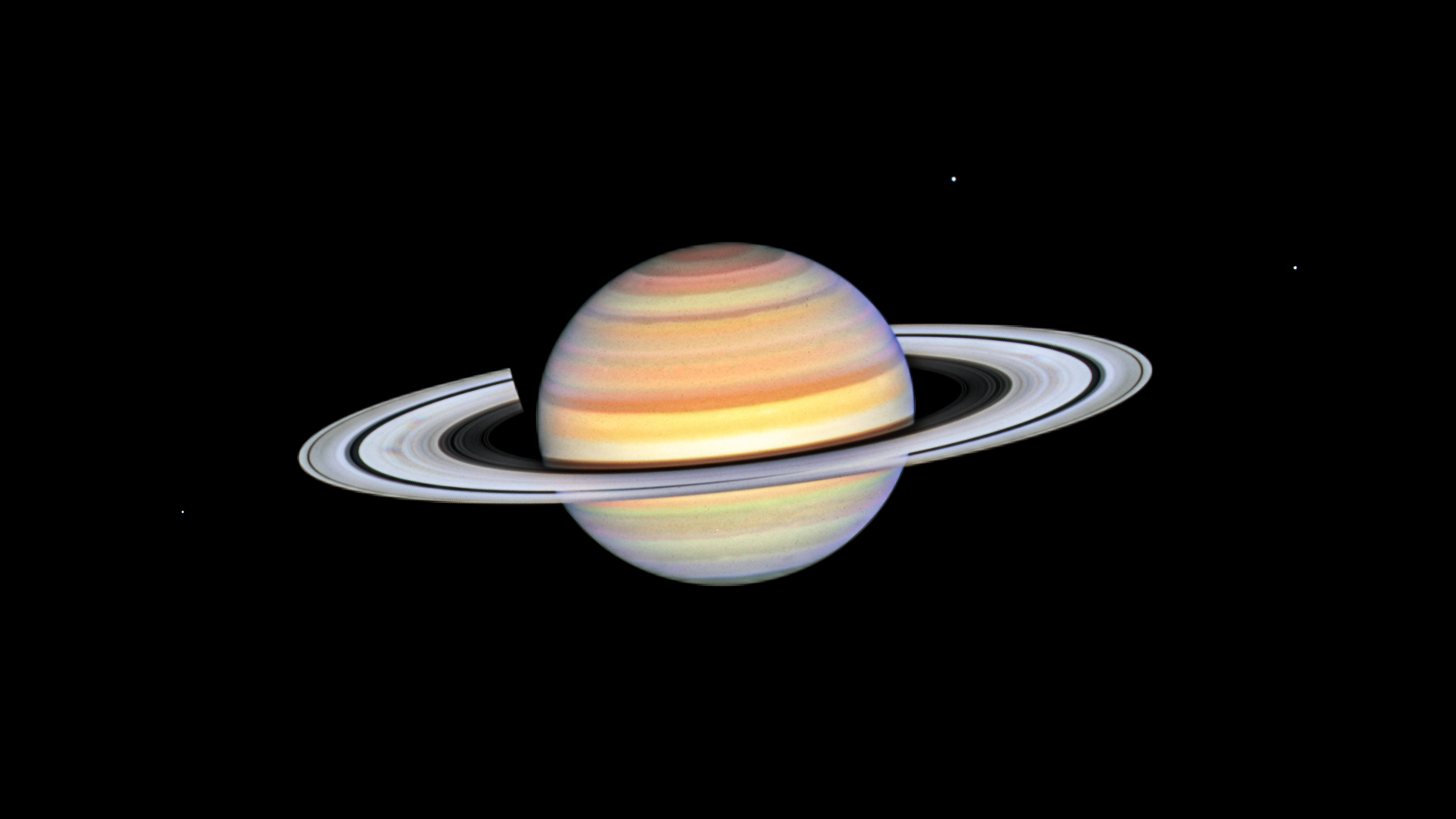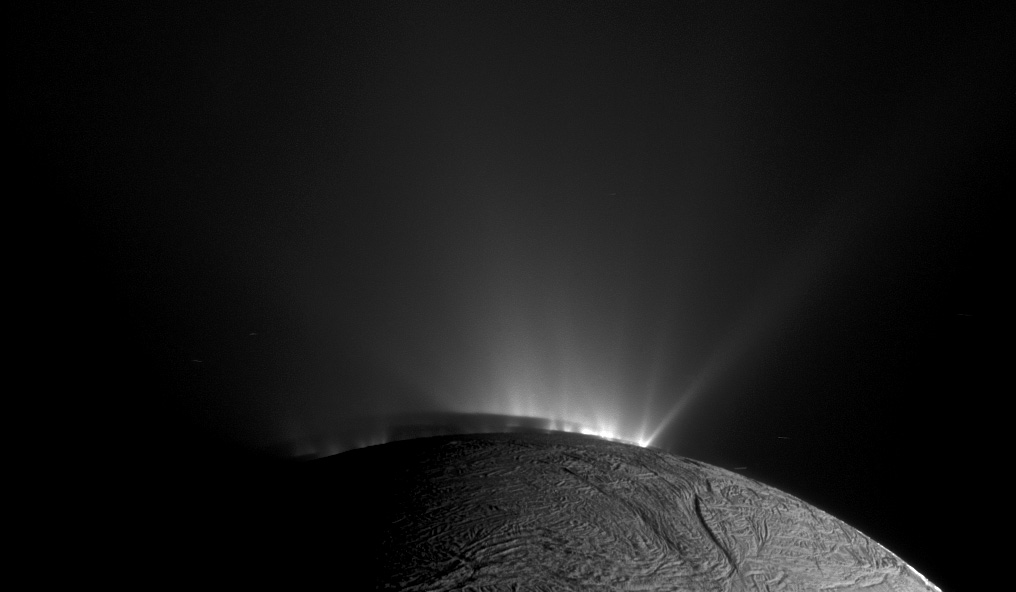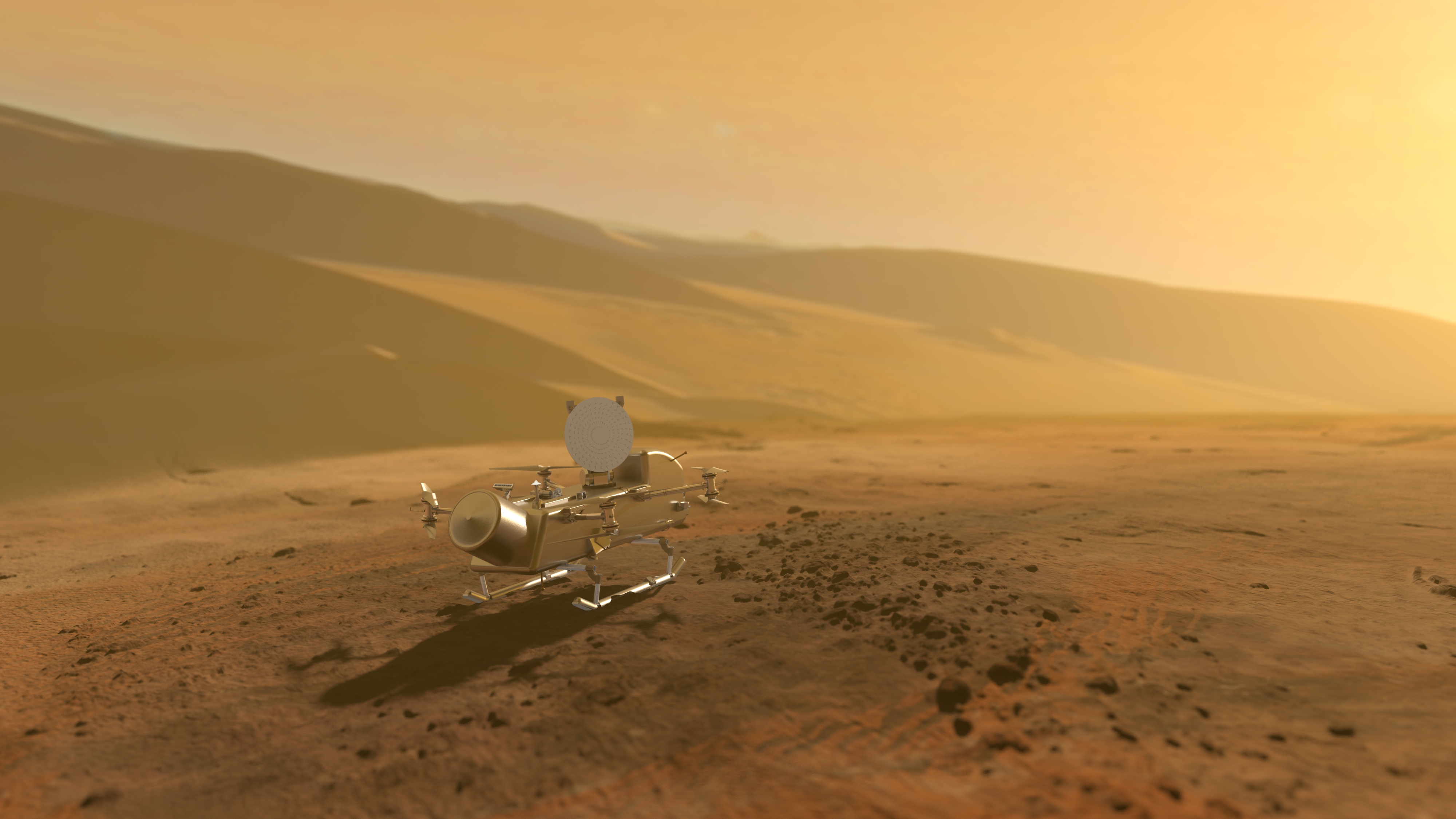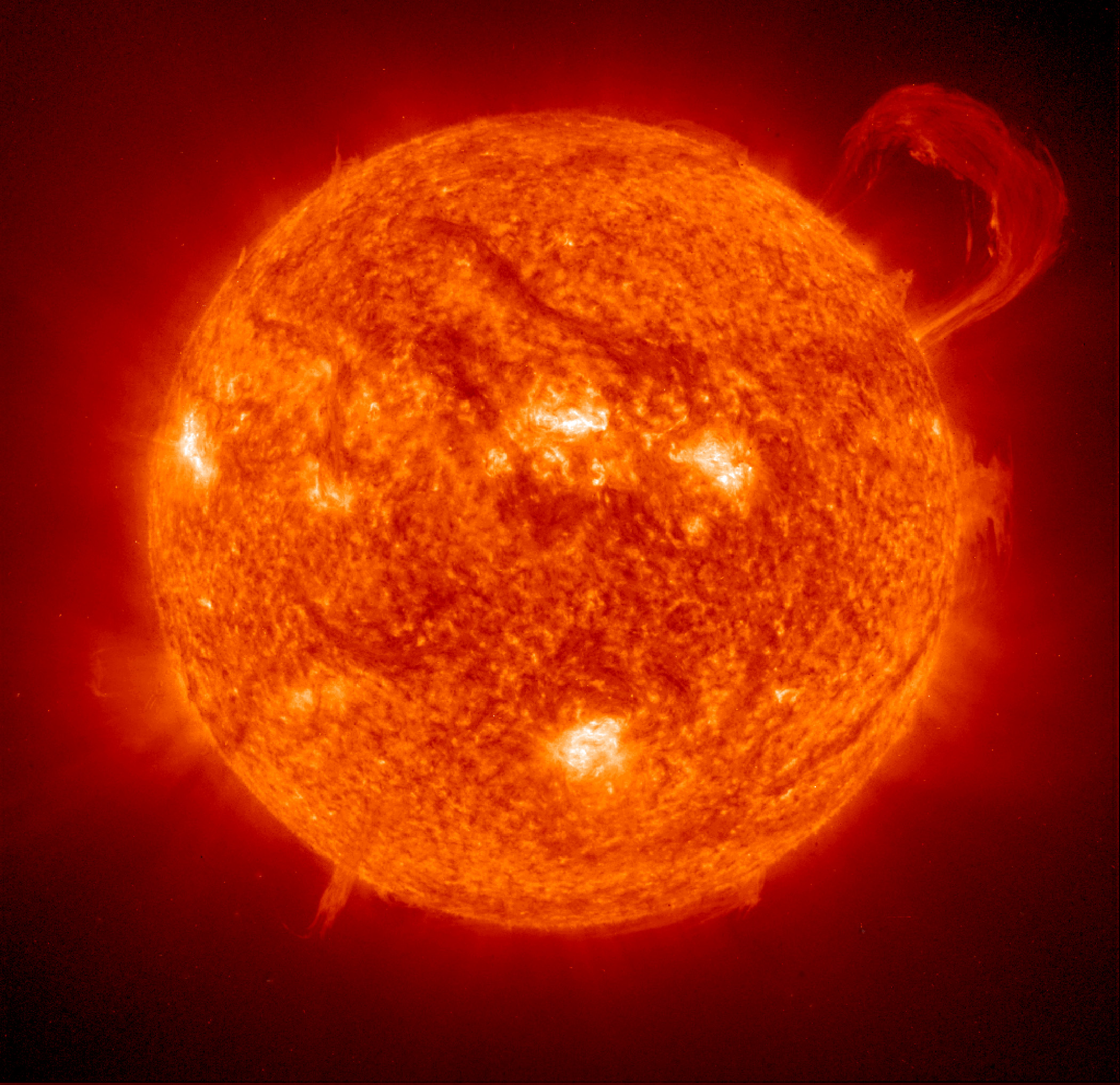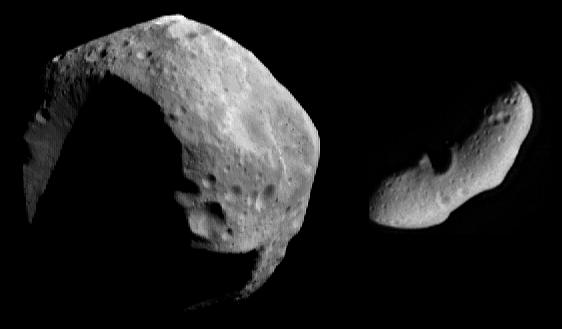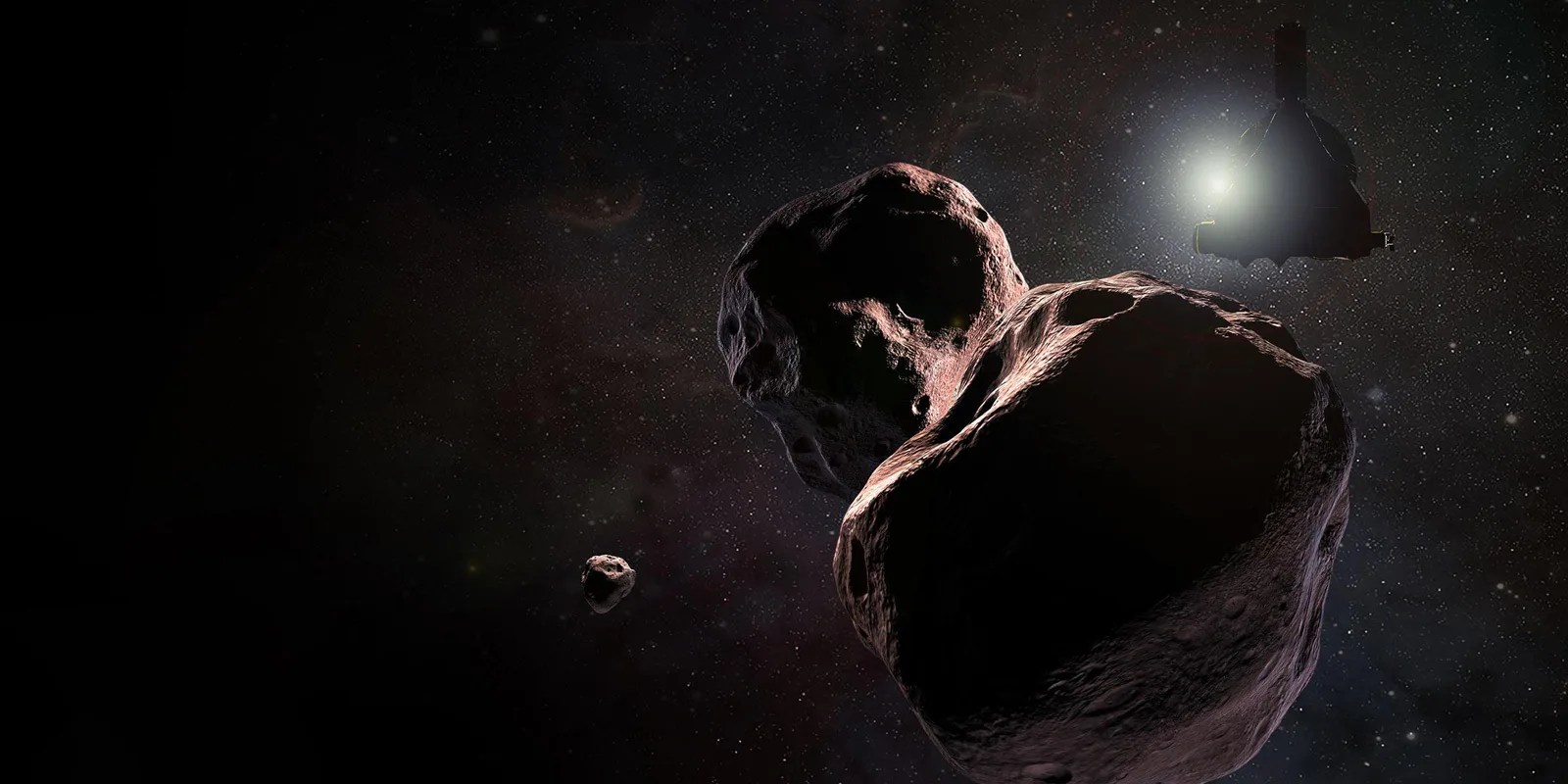3 min read
Cassini Significant Event Report
For Week Ending 12/05/03
The most recent spacecraft telemetry was acquired from the Madrid tracking station on Monday, December 1. The Cassini spacecraft is in an excellent state of health and is operating normally. Information on the present position and speed of the Cassini spacecraft may be found on the "Present Position" web page located at http://saturn.jpl.nasa.gov/operations/present-position.cfm .
On-board activities this week included uplink of commands in preparation for next week's Probe pre-heating checkout activity, Visual and Infrared Mapping Spectrometer (VIMS), Imaging Science Subsystem (ISS) and Ultraviolet Imaging Spectrograph (UVIS) scattered light observations, VIMS and ISS spectral calibrations, Magnetometer Subsystem and UVIS Hydrogen Deuterium Absorption Cell background calibration rolls, and an array demonstration over the DSN complex in Madrid.
On Sunday, Ion and Neutral Mass Spectrometer (INMS) personnel reported an anomalous reboot, which resulted in a burst of alarms seen during the corresponding DSN track. The instrument is in a safe state. Instrument personnel have requested that it be restored to a normal sleep state by December 24 in order to participate in a scheduled telemetry mode test. Until then INMS will remain in a PROM state and be monitored by the team until after upcoming Probe activities have completed.
Gravitational Wave Experiment (GWE) #3 ended on the evening of November 30. At that time commands to power off the Ka-band Exciter and Ka-band Traveling Wave Tube Amplifier were executed. The Ka-band Translator has been OFF throughout the experiment. During the last week of the experiment, the instrument continued to collect coherent X-band data and, when available, X-band uplink/Ka-band downlink data.
A sequence change request and Preliminary Sequence Integration and Validation approval meeting was held as part of the sequence generation process for C42
The C43 sequence generation process began with stripped sequence files distributed to the participating teams and a kick-off meeting. The Sub-Sequence Generation waiver disposition meeting for this process was cancelled, as there were no waivers to disposition.
The first tour aftermarket process began with an assessment meeting for the S01 sequence. All required and proposed additional changes to the sequence were scoped and a recommendation made to accept them pending further analysis.
The science operations plan implementation process concluded for the tour S05 and S06 sequences. Products from this activity have been archived and will be activated again in July of 2004 for the start of the S05 aftermarket process.
A kickoff meeting was held for the science operations plan implementation process for tour sequences S21 and S22.
VIMS personnel completed ground regression testing of instrument flight software version 8.1. The software was delivered to the project software library and the Software Description Document was delivered to the Cassini electronic library.
Multi-Mission Image Processing Laboratory software D31 development cycle ended with delivery-to-test made this week. Numerous updates were made to uplink and downlink software. The software set will become operational in February.
Cassini Configuration Management received a delivery of the ISS Science Team planning software, ISS Pointing Tool. This software is for use in Support Imaging planning.
Additional information about Cassini-Huygens is online at http://saturn.jpl.nasa.gov.
Cassini will begin orbiting Saturn on July 1, 2004, and release its piggybacked Huygens probe about six months later for descent through the thick atmosphere of the moon Titan. Cassini-Huygens is a cooperative mission of NASA, the European Space Agency and the Italian Space Agency. JPL, a division of the California Institute of Technology in Pasadena, manages the mission for NASA's Office of Space Science, Washington, D.C.
Media Relations Office
Jet Propulsion Laboratory
California Institute of
Technology
National Aeronautics and Space
Administration
Pasadena, Calif. 91109.
Telephone (818) 354-5011

